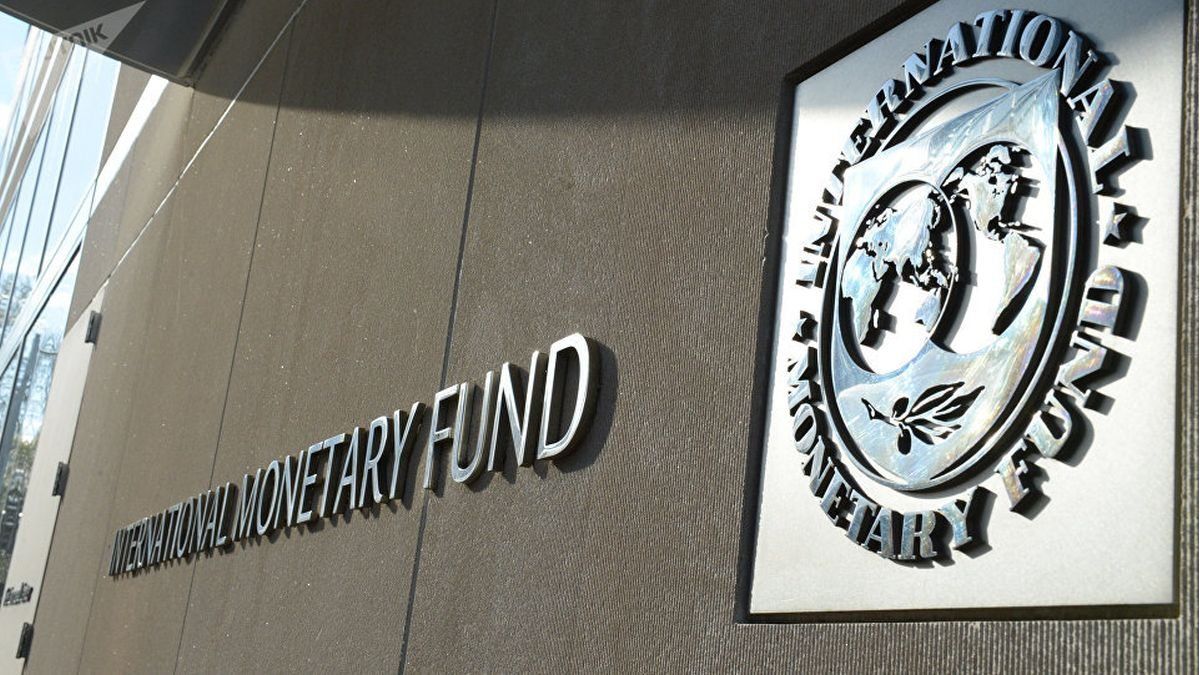This policy consists of charging an interest rate in addition to that applied to loans that exceed each country’s quota, and which in the case of Argentina imply extra interest costs that between this year and the next will add up to US$4 .000 million.
The surcharge structure consists of an additional charge of 200 basis points on the balance of the outstanding debt, when it exceeds 187.5% of the quota; and rises to 300 basis points if the commitments remain above 187.5% of the quota after 36 months.
As Argentina agreed to a credit of US$5,000 million, equivalent to 1,000% of the country’s quota in the organization, which amounts to almost US$4,500 million, and the IMF’s standard rate for its loans to countries middle and high income is currently 3.64%, the interest paid by the country becomes 6.64%.
fmiargentina.jpg
The increase in cost accelerated mainly this year, given that in March the rate without surcharges was 1.25% and the rate that Argentina finally had to pay was 4.25%.
This figure climbed 56.23% in the last eight months as a result of the international financial situation. In these months, inflation accelerated and reached maximums in decades in the United States and in the main European countries.
This led the Bank of England (BoE), the European Central Bank (ECB) and the US Federal Reserve (Fed) to increase reference rates, which directly influenced the interest charged by the IMF.
The BoE raised the interest rate to 3%, the highest level in 14 years; the ECB took it to 2% after years of a zero rate; and the Fed placed it in a range between 3.75% and 4%, the highest since January 2008.
Source: Ambito
David William is a talented author who has made a name for himself in the world of writing. He is a professional author who writes on a wide range of topics, from general interest to opinion news. David is currently working as a writer at 24 hours worlds where he brings his unique perspective and in-depth research to his articles, making them both informative and engaging.




